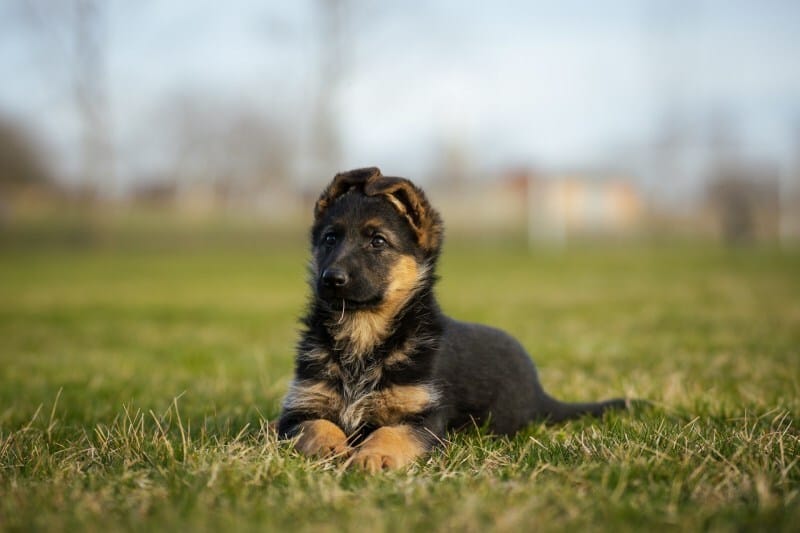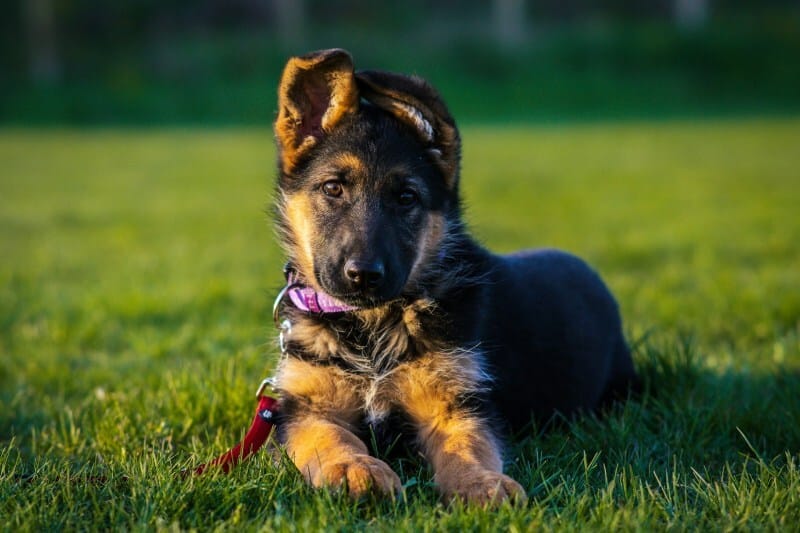German Shepherds are among the most beloved working dogs, known for their unwavering loyalty and sharp intelligence. These magnificent companions require dedicated care to thrive, making proper training, grooming, and nutrition essential for their health and happiness.
Whether you’re a new owner or looking to improve your care routine, this guide covers everything you need to know.

Understanding Your German Shepherd’s Needs
German Shepherds possess unique characteristics that set them apart from other breeds. Their intelligence ranks among the top three smartest dog breeds, making them highly trainable but also requiring consistent mental challenges.
These dogs were bred for work, which means they have naturally high energy levels. Without proper outlets, this energy can turn into destructive behaviors like excessive barking or chewing.
Key breed characteristics include:
Exceptional intelligence and problem-solving abilities
Strong loyalty and protective instincts
High energy requiring 1-2 hours of daily exercise
Need for mental stimulation through training and tasks
Your German Shepherd thrives on having a job to do. This could be as simple as learning new tricks or as complex as agility training. Mental stimulation is just as important as physical exercise for this breed.

7 Essential Training Tips for German Shepherds
Start Early with Basic Commands
The foundation of German Shepherd training begins with five essential commands: sit, stay, come, heel, and down. These commands form the backbone of all future training and help establish you as the pack leader.
Positive reinforcement works best with German Shepherds. Use treats, praise, and play as rewards rather than punishment-based methods. This breed responds exceptionally well to consistent, patient training.
Training schedule for puppies:
5-10 minute sessions, 3-4 times daily
Focus on one command at a time
Practice in different locations once mastered

Advanced Training Opportunities
German Shepherds excel in specialized training due to their working heritage. Breeders specializing in German Shepherds, like Shepherd, provide valuable insights into the breed’s characteristics, behavior, and care tailored to their unique needs. Consider agility training, scent work, or obedience competitions once basic commands are solid.
These activities provide the mental and physical challenges your dog craves. Many German Shepherds also excel in therapy work, search and rescue, or protection training. Training should match your dog’s temperament and energy level.Socialization is Critical
Proper dog socialization prevents many behavioral issues later in life. The critical socialization window occurs between 8-16 weeks of age, though adult dogs can still benefit from structured exposure.
Introduce your German Shepherd to various people, animals, sounds, and environments during this period. Positive experiences during socialization create confident, well-adjusted adult dogs.

German Shepherd Grooming Essentials
Managing the Double Coat
German Shepherds have a double coat consisting of a soft undercoat and longer guard hairs. This coat requires regular maintenance to prevent matting and reduce shedding around your home.
Brush your German Shepherd 2-3 times weekly using an undercoat rake or slicker brush. During shedding seasons (spring and fall), daily brushing becomes necessary to manage the increased hair loss.
Recommended grooming tools:
Furminator or similar de-shedding tool
Undercoat rake for deep cleaning
Regular slicker brush for surface brushing
Metal comb for detail work
Bathing and Hygiene
German Shepherds typically need baths every 6-8 weeks unless they get particularly dirty. Over-bathing strips natural oils that keep their coat healthy and water-resistant.
Use dog-specific shampoo to maintain proper pH balance. Pay special attention to ear cleaning, as German Shepherds’ upright ears can trap debris and moisture.
Monthly grooming checklist:
Nail trimming every 2-3 weeks
Ear cleaning and inspection
Teeth brushing 2-3 times weekly
Coat inspection for lumps or irritation

Nutrition Guidelines for German Shepherds
Feeding Requirements by Life Stage
German Shepherds have different nutritional needs throughout their lives. Puppies require high-protein, large-breed specific formulations to support proper growth without encouraging too-rapid development.
Life stage feeding guide:
Puppies (8 weeks-12 months): 3 meals daily, large-breed puppy formula
Adults (1-7 years): 2 meals daily, 22-26% protein content
Seniors (7+ years): Joint-supporting nutrients, smaller frequent meals
Adult German Shepherds typically need 3-5 cups of high-quality dry food daily, divided into two meals. This amount varies based on activity level, age, and individual metabolism.
What to Look for in Dog Food
Quality ingredients make a significant difference in your German Shepherd’s health and energy levels. Look for foods with real meat as the first ingredient and avoid those with excessive fillers. The FDA’s guidelines on pet food labeling can help you understand ingredient lists and make informed choices about your German Shepherd’s nutrition.
Key ingredient guidelines:
Real meat (chicken, beef, fish) as first ingredient
Whole grains over corn or wheat fillers
No artificial colors, flavors, or preservatives
Added glucosamine for joint health
Consider breed-specific formulations designed for German Shepherds, as these often include joint-supporting nutrients and appropriate kibble size. When selecting treats to complement their diet, consider choosing the best dog protein snacks that align with these nutritional principles.

Common Health Considerations
German Shepherds are prone to specific health issues that proper care can help prevent. Hip and elbow dysplasia are common concerns that good nutrition and appropriate exercise can help minimize.Understanding the longest-living dog breeds can help you provide the best care for your German Shepherd’s lifespan, which typically ranges from 9-13 years. Bloat (gastric torsion) is a serious emergency condition. Feed smaller meals, avoid exercise immediately after eating, and learn the warning signs.It’s also crucial to be aware of important things to know to prevent dog poisoning, as German Shepherds’ curious nature can sometimes lead them into trouble.
Prevention strategies:
Maintain healthy weight to reduce joint stress
Regular veterinary checkups for early detection
Age-appropriate exercise to build muscle support
High-quality nutrition for overall health
Exercise and Mental Stimulation Ideas
Physical exercise alone isn’t enough for German Shepherds. These intelligent dogs need mental challenges to prevent boredom and destructive behaviors.
Daily exercise routine should include:
30-60 minutes of walking or jogging
30 minutes of interactive play (fetch, tug-of-war)
Mental stimulation through training or puzzle toys
Vary activities to keep your dog engaged. Swimming provides excellent low-impact exercise, while hiking satisfies their natural exploring instincts.
Key Takeaways
German Shepherds thrive with consistent training, regular grooming, and high-quality nutrition. These dogs need both physical exercise and mental challenges to reach their full potential as loyal companions.
Remember that German Shepherds are working dogs at heart. They need a sense of purpose, whether through formal training, daily tasks, or simply being an active part of your family routine.
Success with German Shepherds comes from understanding their needs and providing consistent, loving guidance. With proper care, these remarkable dogs will reward you with years of unwavering loyalty and companionship.
The post German Shepherd Care Guide: Training, Grooming & Nutrition appeared first on Moss and Fog.